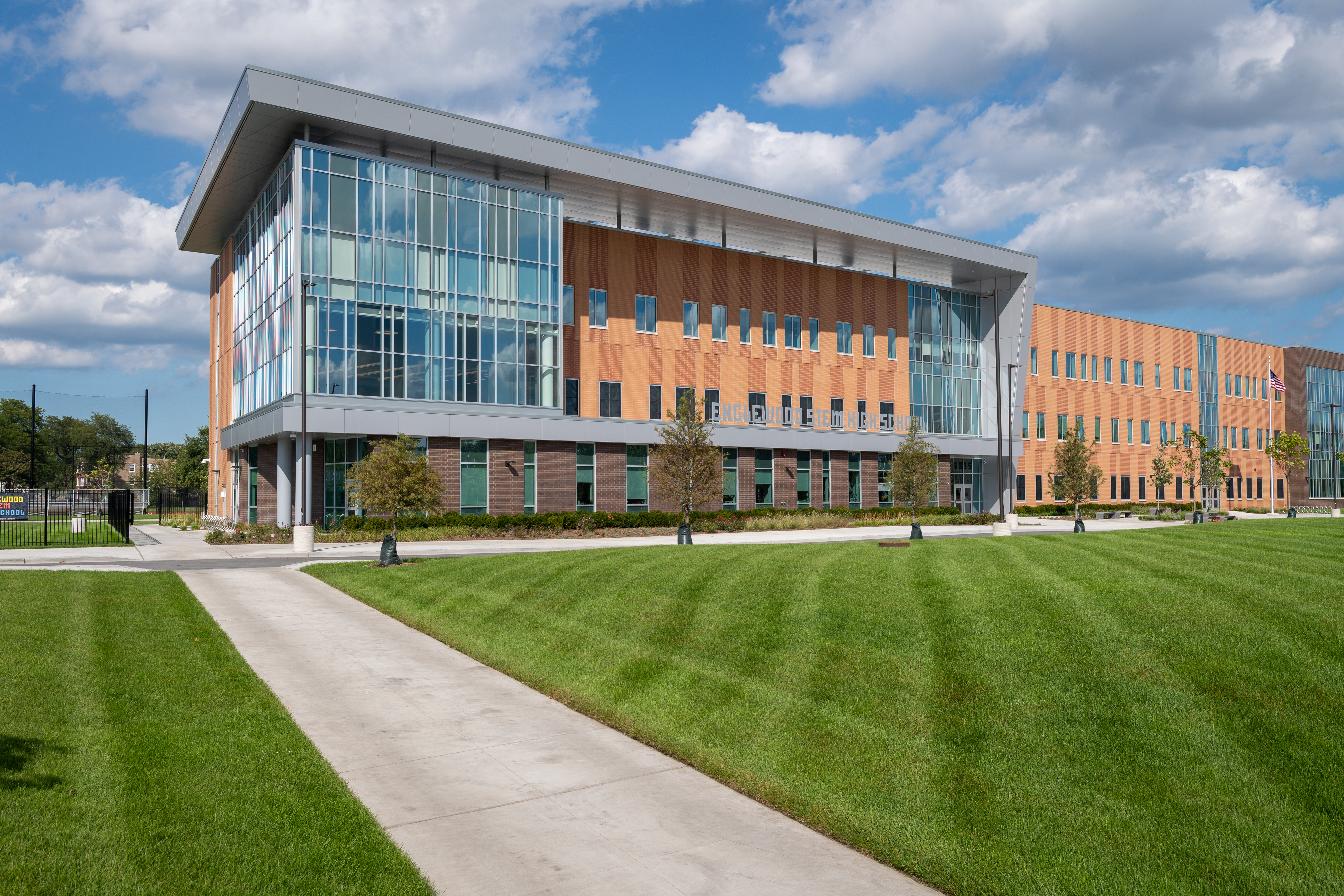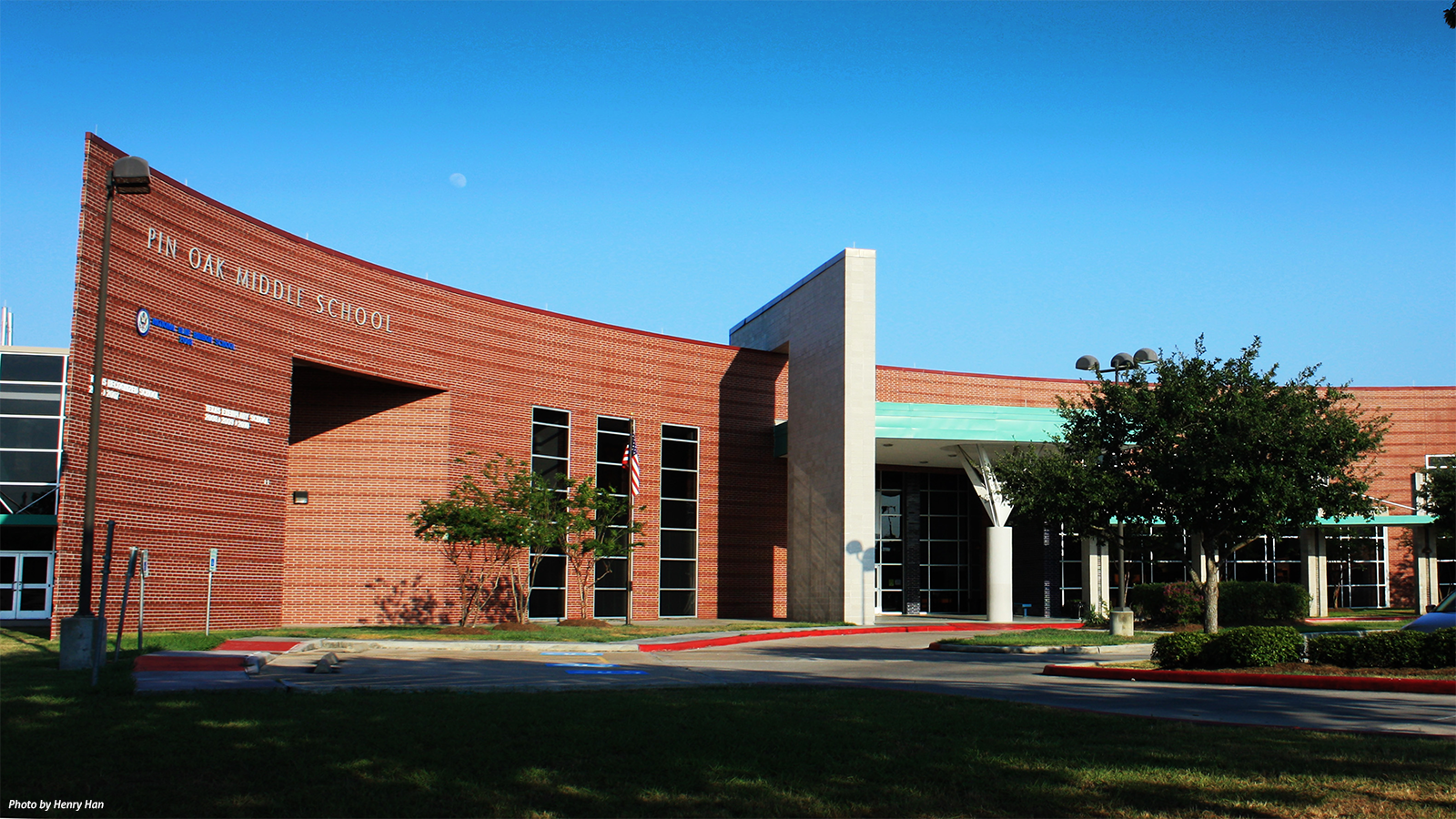Explore the Obstacles Facing Our Area: Save Temecula Schools
Explore the Obstacles Facing Our Area: Save Temecula Schools
Blog Article
How Schools Play a Critical Duty in Shaping Future Leaders and Innovators
By integrating project-based discovering and interdisciplinary research studies, academic institutions challenge pupils to evaluate and manufacture complicated details. Educators serve as coaches, leading students and supporting their capacity, while extracurricular activities better establish leadership abilities and strength.
Fostering Vital Assuming
In today's swiftly developing world, fostering crucial assuming within instructional organizations has become vital. As society faces increasingly complex international obstacles, the ability to assess, examine, and manufacture details is important. Institutions play a critical duty in establishing these abilities, preparing trainees to navigate and attend to diverse problems with educated, reasoned decisions.
To grow vital reasoning, teachers employ different instructional techniques that motivate active discovering and intellectual engagement. Classroom discussions, problem-based learning, and Socratic examining contribute in promoting logical and reflective thought processes. By testing pupils to question presumptions and consider numerous viewpoints, these methods guarantee a deeper understanding of topic past rote memorization.
Moreover, integrating essential believing throughout the educational program enhances its value and applicability in diverse contexts. Subjects such as maths, scientific research, background, and literary works each offer distinct possibilities to establish students' important faculties. For example, evaluating historical occasions needs evaluating resources and recognizing context, while scientific inquiry demands rigorous theory screening and evidence-based reasoning.
Inevitably, instilling crucial thinking abilities in pupils outfits them with the cognitive tools essential for lifelong discovering and adaptability. It is through this fundamental proficiency that future leaders will certainly be able to innovate, address troubles, and add meaningfully to culture.
Encouraging Creativity
Embracing imagination within instructional frameworks galvanizes pupils to believe past conventional limits and discover innovative services. By incorporating creative ventures and imaginative thinking exercises into the educational program, colleges cultivate an environment where creativity and creative idea are valued. This approach not only enriches the academic experience but likewise gears up trainees with the capability to deal with real-world difficulties in unique methods.
School can promote imagination with varied means such as project-based learning, interdisciplinary studies, and the consolidation of arts and technology. Project-based knowing, as an example, motivates trainees to apply their understanding in functional, frequently joint, tasks that demand inventive problem-solving abilities. Interdisciplinary studies enable trainees to attract connections between various subjects, thereby broadening their viewpoints and improving their imaginative capabilities.
Furthermore, giving trainees with opportunities to involve with arising modern technologies, such as coding and digital style, even more supports their innovative potential. These activities prompt trainees to experiment, fail, and repeat, which are vital elements of the creative process (Save Temecula Schools). By maintaining a supportive setting where experimentation is encouraged, colleges can guarantee that students create the self-confidence to seek ingenious ideas
Basically, nurturing creative thinking in academic setups is vital for shaping future leaders and innovators with the ability of dealing with complex global concerns with ingenuity.
Encouraging Partnership

Applying group-based understanding modules and cooperative jobs allows students to experience the dynamics of teamwork firsthand. This not only prepares them for the collaborative nature of modern offices yet additionally supports leadership qualities as they often need to take on functions such as job managers or group planners. Furthermore, cooperation in the class can break down social obstacles and promote inclusivity, making sure that each pupil feels valued and listened to.
Additionally, integrating modern technology can additionally support collective initiatives. Tools like shared interactive platforms and digital work areas enable trainees to work together successfully, even outside the class. As pupils establish these collective abilities, they are better equipped to take on complex difficulties and innovate, preparing for their future duties as pioneers and leaders.
Duty of Teachers as Advisors

Mentorship entails individualized focus, where educators determine and nurture private toughness and address weaknesses. Save Temecula Schools. With one-on-one interactions, instructors can customize their recommendations and support to fulfill each pupil's distinct demands, promoting a feeling of self-confidence and resilience. This tailored method grows a development attitude, motivating pupils to see failings as possibilities for discovering and development
In addition, instructors function as duty designs, showing the worths of perseverance, compassion, and stability. Their mindsets and activities offer a plan for students to emulate, instilling a sense of moral responsibility and social understanding. By developing a inclusive and helpful class atmosphere, educators make it possible for pupils to develop interpersonal skills that are critical for reliable leadership.
Essentially, the mentorship offered by instructors lays a foundational framework for the advancement of future leaders, equipping them with the knowledge, skills, and worths needed to master an ever-evolving globe.
Influence of Extracurricular Tasks
When incorporated successfully into the instructional structure, after-school activities considerably improve pupil growth and leadership capacity. These tasks supply trainees with opportunities to check out rate of interests beyond the conventional curriculum, promoting a versatile capability. Clubs, sports teams, and arts programs cultivate vital qualities such as teamwork, time administration, and resilience. Involvement in these tasks commonly requires trainees why not look here to handle duties, thereby supporting their management capabilities.
Students engaged in drama, music, or dispute clubs discover to assume critically and approach problems from varied perspectives. By collaborating with peers from various histories, students additionally establish compassion and communication skills, necessary attributes for future leaders.
Research suggests that pupils involved in such programs tend to have higher qualities and much better attendance records. Hence, colleges that prioritize a well balanced technique to education, incorporating robust extracurricular programs, are more most likely to generate leaders and pioneers outfitted to fulfill the difficulties of the future.

Conclusion
In conclusion, colleges substantially shape future leaders and pioneers by additional info supporting crucial reasoning, creativity, and partnership amongst pupils. By cultivating a helpful setting that values specific staminas and team effort, schools equip pupils with the essential abilities to navigate future obstacles and drive advancement.
As pupils establish these collaborative abilities, they are much better furnished to tackle complex obstacles and introduce, laying the foundation for their future roles as innovators and leaders.
By promoting important reasoning and analytic abilities, instructors assist students navigate intricate obstacles, preparing them for leadership roles in different areas.
By teaming up with peers from different histories, pupils likewise develop empathy and communication abilities, necessary traits for future leaders.
In conclusion, schools substantially form future leaders and pioneers by nurturing essential reasoning, imagination, and partnership among students. By fostering a supportive setting that values private toughness and team effort, schools furnish students with the required abilities to browse future challenges and drive innovation.
Report this page